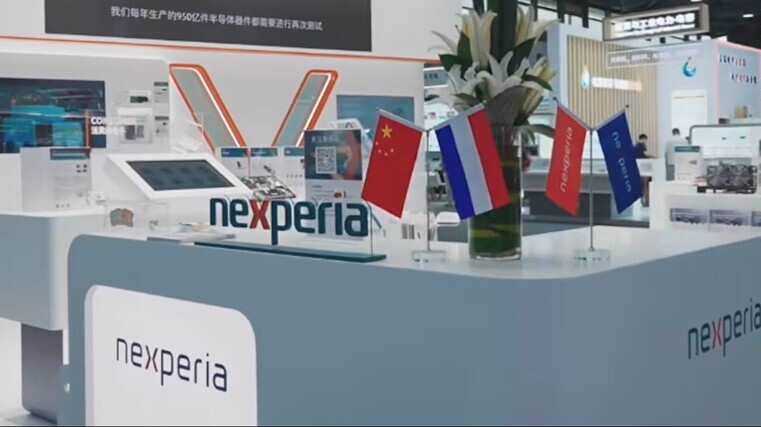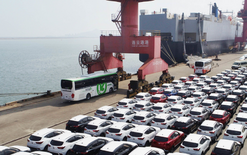Exemptions for chips

Suppliers in Germany are trying to secure exemptions to Chinese export restrictions on Nexperia chips while hoping for a political solution to the trade stand-off.
An international dispute over Nexperia, which makes large volumes of basic chips used in vehicles, threatens to halt assembly lines after the Netherlands took control of the Dutch company following concerns about its Chinese parent Wingtech.
Fuelling hopes for a political solution, China said on November 1 that it would consider exemptions to chip exports affected by the Dutch move.
German supplier ZF is working with Chinese authorities “to get chip deliveries back on track”. Aumovio, the new name for Continental’s automotive parts unit, has also contacted Beijing to seek exemptions from export constraints.
Companies have welcomed signs of easing in the trade dispute. However, industry sources remain concerned by the potential complexity of the process to apply for exemptions and lack of clarity about when they might be granted.
“China did open up the regulations a bit for the export of stock,” says Dominik Zillner, of Components at Service, a German-based electronics component distributor. However, this could only be done with special permission from the Chinese commerce ministry.
China’s foreign ministry adds all parties “should uphold the spirit of contracts and principles of market orientation” and “safeguard the security and stability” of the global semiconductor industry and supply chains.
Carmakers and their suppliers face possible production stoppages if the issue over Nexperia is not resolved soon, reports Automotive News.
Volkswagen has been unable to guarantee production at its German sites beyond this week, while Robert Bosch has registered plans to furlough workers at its Salzgitter site. ZF is also preparing for furlough measures as a precaution.
The statement made by China at the start of November says the government there will allow companies deemed eligible to be exempted from its export ban on Nexperia’s semiconductor chips. It was made after the situation forced Honda to suspend production in North America and other global brands to warn of imminent supply shortages.
“We welcome enterprises facing practical difficulties to promptly contact the Ministry of Commerce or local commerce authorities [in China],” a spokesman says in the statement posted on the ministry’s website.
The news followed a trade pact between US President Donald Trump and his Chinese counterpart Xi Jinping at a summit. The spokesman adds: “We will consider the circumstances of enterprises and grant exemptions to eligible exports.” The ministry hasn’t specified when exemptions would be permitted or take effect.





